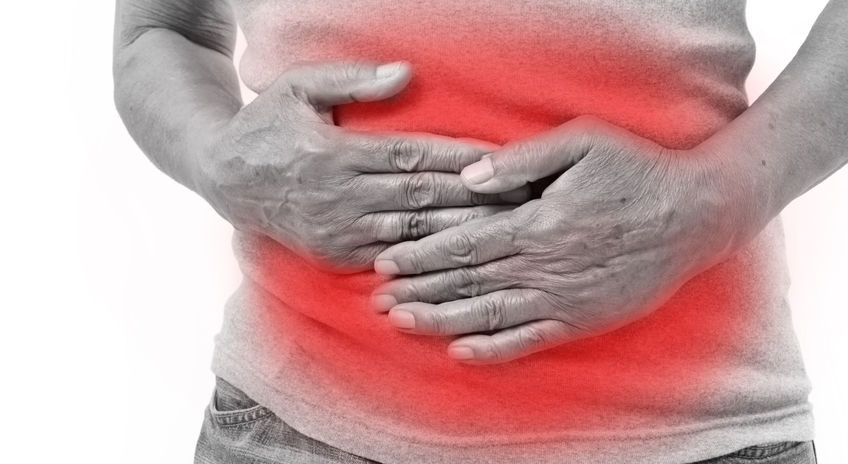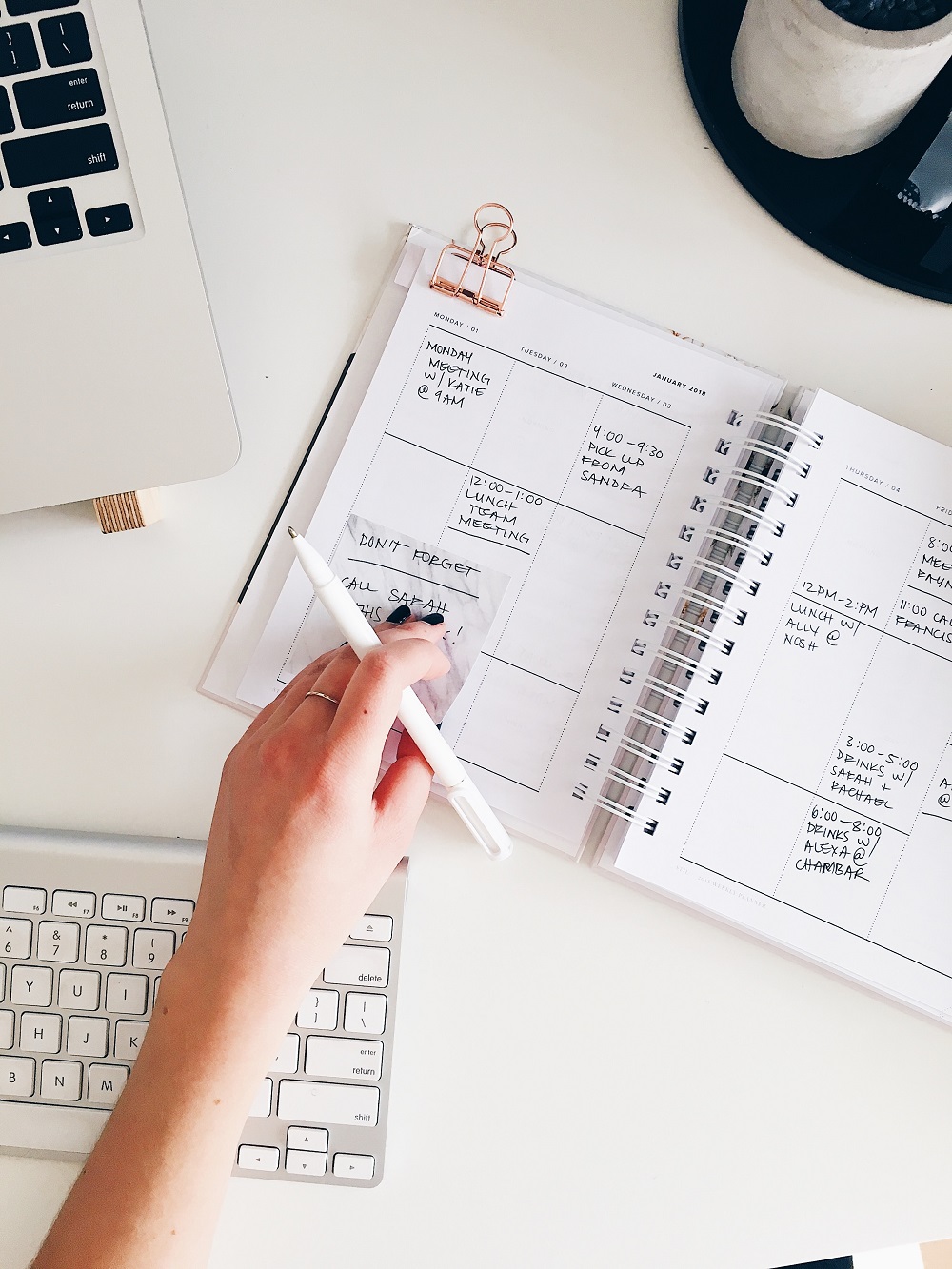The stomach
The stomach - the organ at the centre of digestion
More than 50% of all people have occasional or permanent stomach complaints. Most of these complaints are treated today with so-called "stomach protection" tablets, often for years and decades. New findings show that such permanent medication can have serious side effects. What simple and natural measures does Ayurveda suggest to keep the stomach healthy?
 From the perspective of Ayurvedic medicine, the stomach has two functions. Firstly, formation of mucus to moisten the swallowed food and secondly, acidification of the food pulp to make the consumed food digestible. The classical texts also see the stomach as the seat of the digestive fire (Agni), which is responsible for transforming substances foreign to the body into substances that belong to the body.
From the perspective of Ayurvedic medicine, the stomach has two functions. Firstly, formation of mucus to moisten the swallowed food and secondly, acidification of the food pulp to make the consumed food digestible. The classical texts also see the stomach as the seat of the digestive fire (Agni), which is responsible for transforming substances foreign to the body into substances that belong to the body.
Disorders of the stomach
The most common disorders of the stomach include inflammation, which is subjectively perceived as stomach burn, heartburn, nausea and pressure in the upper abdomen. In the long term, ulcers can develop in the stomach and duodenum. Inflammations or ulcers that have been present for decades can also degenerate into cancer.
Conventional therapy
Many people take acid-blocking drugs temporarily or permanently for these complaints. For a long time, these were generously prescribed and declared harmless, but it is now known that the permanent use of these acid blockers (PPI) leads to serious side effects. These drugs prevent the absorption of vital vitamins such as vitamin B12 and minerals such as magnesium. The absorption of calcium and iron is also reduced by these drugs. It is now thought that age-related conditions such as dementia, osteoporosis and anaemia are promoted by these side effects.
Alternative therapy
From a holistic medical point of view, it is desirable to use such drugs only for a short time. However, this is only feasible if lifestyle measures are taken along with the reduction of an acid blocker and the excessive acid formation is modified with herbal and mineral remedies.
Digestion begins in the mouth
The first important measure to permanently improve stomach complaints is a suitable eating pattern. Since the stomach and intestines no longer have teeth, the food must be chewed so well in the mouth that it is chopped up like mush. This makes the digestion process in the stomach much easier and also prevents the large pieces of food from remaining in the stomach for too long or from fermenting and rotting later in the small intestine. In order to chew normal food sufficiently, at least 10 - 30 chewing movements are necessary per bite, i.e. considerably more than we normally chew.
Breaks between meals
Like every organ, the stomach needs breaks. It functions best when it is not filled to bursting point during a meal and has time to process the food pulp until it gives a strong "I'm hungry" signal. This time is at least 4-6 hours, depending on the size and heaviness of the meal. Intermediate meals within this time seriously disturb the sensitive digestive processes in the stomach and contribute to irritation and excessive acid formation.
Dinner
The overnight break is particularly important for the stomach. One of the most important lifestyle measures to prevent stomach disorders is an early and light evening meal, about 3 hours before going to bed. This ensures that by the time you lie down, your stomach has emptied enough so that there is no longer a lot of pressure in your stomach. If you are overweight and have frequent heartburn, it is best to avoid dinner completely. With "dinner cancelling", which you can do every day or just once or twice a week, you can significantly extend the recovery phases of the stomach. New studies also suggest that these long breaks from eating, known as interval fasting, have a powerful rejuvenating effect.
Prevent reflux
Reflux is when the contents of the stomach enter the oesophagus due to excess pressure in the stomach, causing burning pain and inflammation. This happens especially if the portion was too large, if acid-attracting foods and drinks were consumed (Pitta diet) or if you lie down shortly after a meal. For people with a tendency to reflux, it is often recommended to sleep with the upper body slightly elevated. An original alternative to this is Inclined Bed Therapy (IBT) (www.inclinedbedtherapy.com). In this application, the head end of the bed is raised by 15 cm so that the entire bed becomes an inclined plane. The protagonists of IBT claim that this method not only has a beneficial effect on reflux, but also many other health benefits.
When and how much should I drink?
Ayurveda recommends drinking a glass (i.e. about 1/4 litre) of liquid during the meal. This can be water - warm or cold, but not ice cold - soup, tea and / or lassi. For a special feast, it may also be a glass of wine. The liquids during the meal serve to ensure that the food pulp mixes optimally with the food. If possible, no liquids should be consumed in the half hour immediately before the meal and in the first hour after the meal, so as not to dilute the digestive juices too much. The main amount of fluid we consume daily should be drunk in the morning and between meals. As a rule of thumb, drink a little more than half a litre of fluid for every 20kg of body weight daily, which is 2-2.5 litres for a 70kg person, for example.
Hot water
In Ayurveda, the curative use of hot water is often recommended to strengthen the digestive fire Agni. This measure is highly recommended for weak digestion, accumulation of waste products in the body and for cleansing cures. However, if one is prone to heartburn, hyperacidity and gastritis, one should not consume hot liquids, but only lukewarm ones. Ice-cold liquids are also unfavourable for these complaints.
Avoid hot spices and fermented foods
All hot spices such as pepper, ginger, chilli etc. have a strong heating effect. Fermented foods and drinks also have a heating effect. This includes all sour milk products (yoghurt, sour cream, drinking yoghurt, cheese) and all alcoholic drinks. The acids and alcohol produced by fermentation strongly irritate sensitive stomach mucous membranes and should be avoided, especially in the hot season.
Cooling foods
Ayurveda attributes cooling properties to the bitter and tart flavours. These flavours are completely underrepresented in the modern diet. This may be an important reason why inflammatory diseases of the gastrointestinal tract have increased so much in recent decades. Foods with a bitter taste include all green vegetables and all common kitchen herbs such as sage, marjoram, thyme and parsley. The "anti-inflammatory" tart flavour is found in all legumes, potatoes and especially concentrated in the spice turmeric. All these bitter and tart foods and spices should be part of a meal at least once a day. The mild curry powder "Pitta-Churna" is a spice mixture that is particularly gentle on the stomach and can be used generously if there is a tendency to inflammation. Pitta-Churna strengthens the digestive power without increasing Pitta.
Cooling drinks
In Ayurveda, cooling drinks are not only drinks with a cool temperature, but also those made from ingredients with a cooling effect. The best cooling drinks include: Mint tea, sage tea, pitta tea and lassi. All of these drinks can of course also be served cool or at room temperature.
Cooling medicinal plants and minerals
The medicinal plant most recommended by Ayurveda for inflammation and heat complaints in the upper abdomen is the amla fruit. It is unique in that it has a cooling effect on the one hand and improves the digestive power Agni on the other. Food supplements containing Amla fruit, such as MA1 or the Magenrasayana MA575, can be used very well to prevent stomach complaints. Alkaline powder as a drink between meals also helps to neutralise excess acid in the stomach. In the case of mild and recurring stomach complaints with hyperacidity, these products can be used temporarily on their own.
Peak in late summer
From the Ayurvedic point of view, heat accumulates most in the body at the end of the Pitta season (summer). This is why most new cases of gastritis and stomach ulcers occur at the transition from summer to autumn. Especially now, make sure that you keep your stomach in balance through a balanced, cooling diet, sensible intervals between meals and moderation in the amount you eat and the stimulants you consume.


Toni schrieb am 22.11.2021
Vielen Dank für die Infos, hat mir sehr geholfen meinen Darm wieder zu beruhigen!